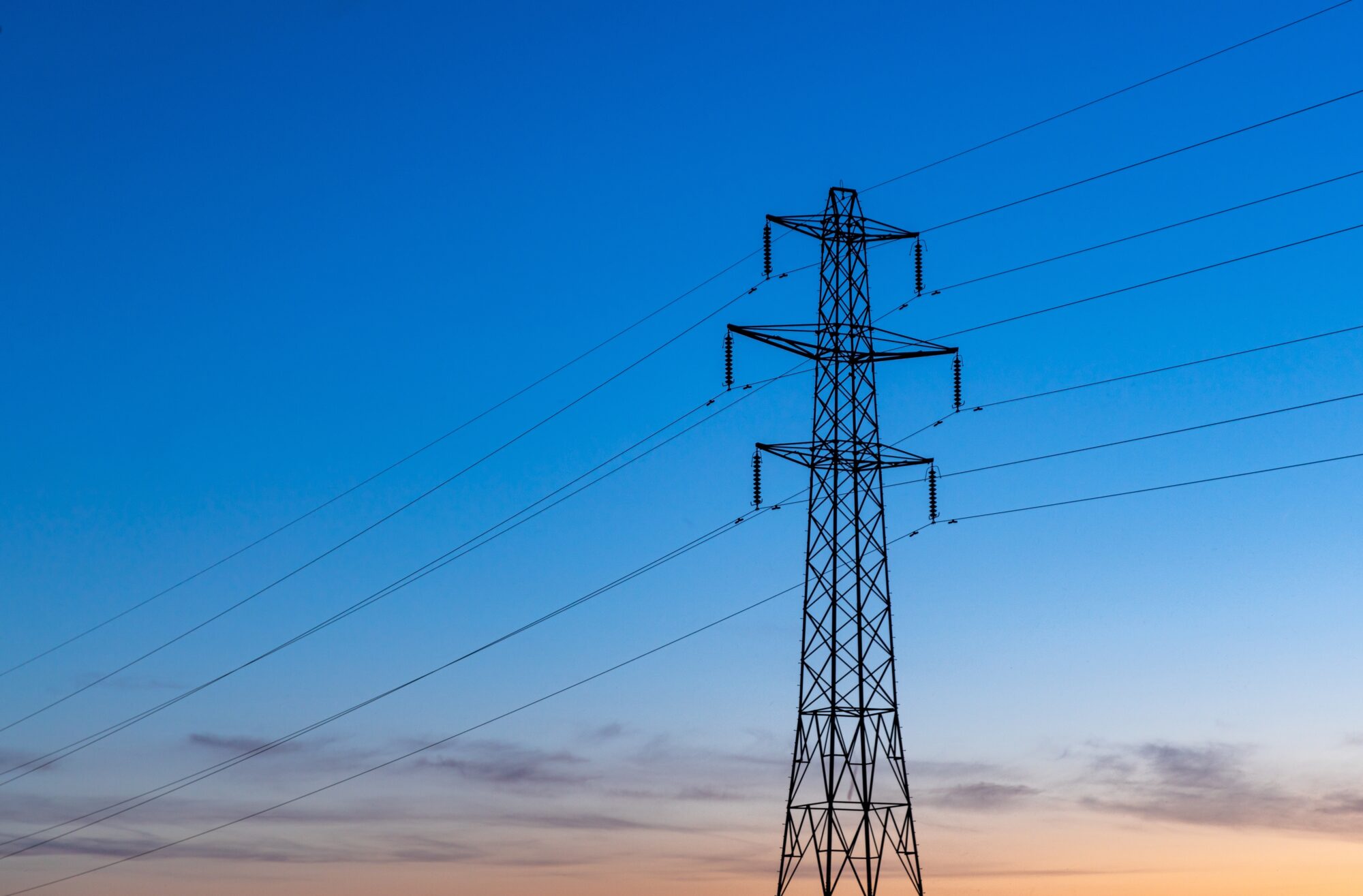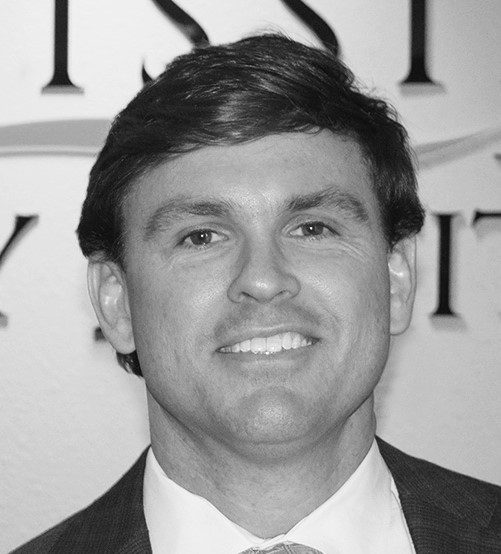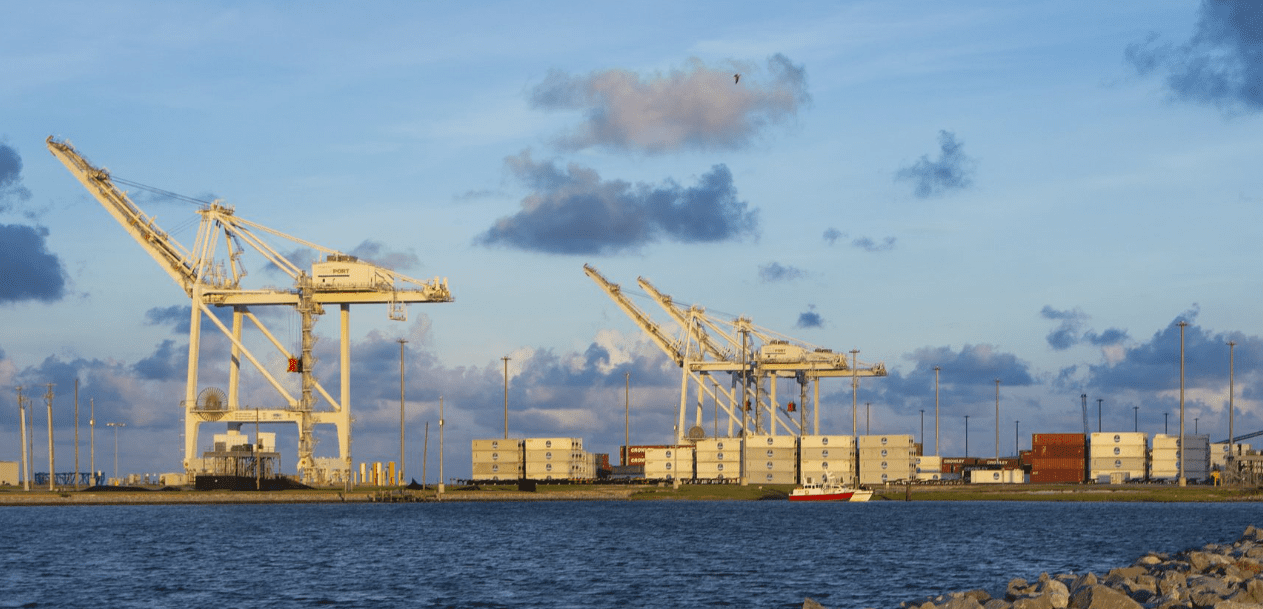
(Photo from Shutterstock)
- Former PSC Commissioner Brent Bailey writes that every delay in grid upgrades means higher costs, more outages, and lost opportunity.
There was a time when America dreamed big and turned those dreams into reality. We strung high-voltage power lines across states, built interstate highways that connected small towns to big cities, and constructed bridges that became icons. These were projects that didn’t just serve one community, but benefited the whole nation.
Things feel very different now. Everywhere you look there is obstruction rather than commitment, and today’s infrastructure is not capable of meeting the needs of the future. The latest example is playing out here at home. The Mississippi Public Service Commission (MPSC), along with regulators in four other states, recently filed a complaint with the Federal Energy Regulatory Commission (FERC) over a major regional grid upgrade known as Tranche 2.1.
Tranche 2.1 is a 3,631-mile portfolio of transmission projects expected to deliver up to $72 billion in net benefits across the system. These projects are energy highways that move electricity across long distances, balancing supply and demand and ensuring affordable power even when problems hit close to home.
For example, that means powering a farm’s irrigation systems, barn ventilation, grain dryers, and cold storage with confidence and lower costs. Reliable power isn’t a luxury in our communities—it’s essential.
Tranche 2.1 is the latest set of regional transmission projects proposed under the Midcontinent Independent System Operator’s (MISO) Multi-Value Project (MVP) framework. The projects are planned as part of a broader portfolio designed to work together to ease system-wide bottlenecks, enabling cheaper, more reliable electricity to flow across MISO’s 15-state footprint.
However, the recent complaint at FERC argues that these projects don’t meet the MVP standards and therefore shouldn’t be paid for in the way MISO has proposed.
Here’s what’s ironic: Mississippi isn’t even being asked to pay for Tranche 2.1 projects or any previous MVP due to a long-standing cost allocation agreement. Yet by joining this complaint, Mississippi is spending ratepayer money on lawyers while turning down infrastructure that would help ourselves and our neighbors.
Tranche 2.1 was developed through an open, collaborative process where everyone had a chance to be heard. Instead of investing in modern infrastructure to bring lower-cost electricity to our homes, these regulators have opted for yet another drawn-out legal battle. And every month that fight drags on, costs go up, timelines slip, and grid improvements are delayed.
Residential electricity rates have risen about 30% since 2021 and 5.5% in the past year alone—twice as fast as overall inflation. Residential rates are projected to increase by roughly 6% in 2026. For Mississippi’s families and small businesses, every delay in grid upgrades means higher costs, more outages, and lost opportunity.
A key component of Governor Tate Reeves’ Mississippi’s Power Play initiative, launched earlier this year, is the expansion of energy infrastructure to support increased energy production and distribution. In his 2025 State of the State Address, Governor Reeves challenged the MPSC to avoid political ideology and recognize that business as usual is not enough for Mississippi to prosper.
The Trump Administration also recognizes that “the power grid is the lifeblood of a modern economy” and has called on states to enhance and expand it to ensure American competitiveness.
We must be transformative and bold. But the MPSC is looking backward, not forward.
This action by the MPSC could stifle competition and high-paying jobs by protecting monopoly utility profits at the expense of families and rural communities. Mississippi has a chance to lead differently. Robust projects, done right, make us stronger and more competitive.
Our rural communities feed and power this country. They deserve energy systems built for the future, not delay tactics that drive up prices and erode trust.








